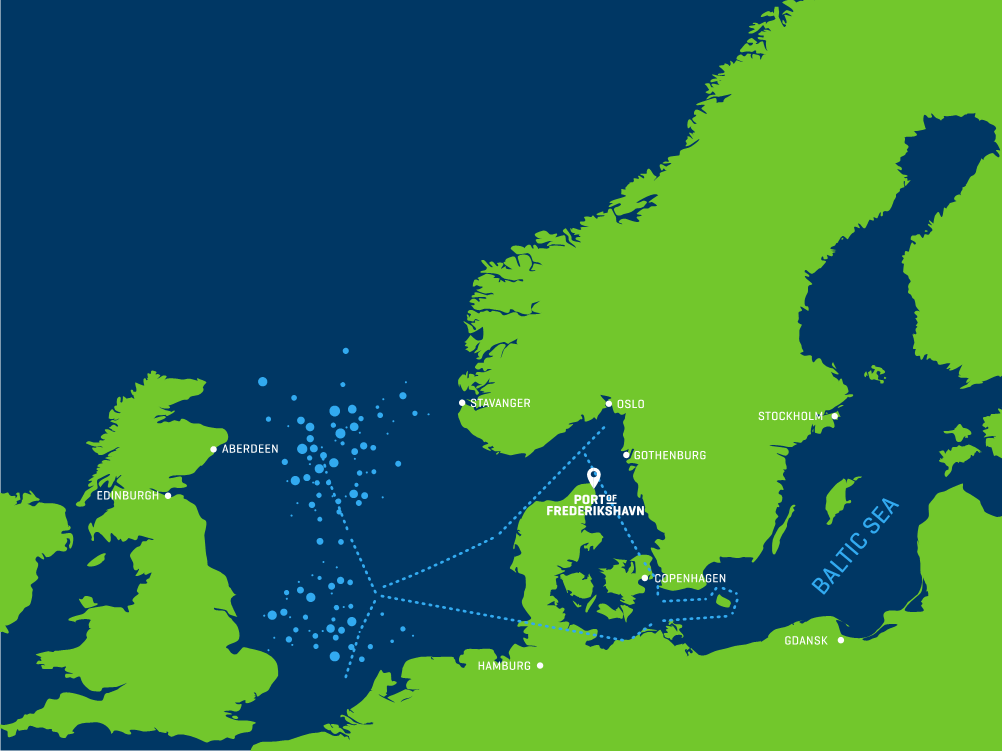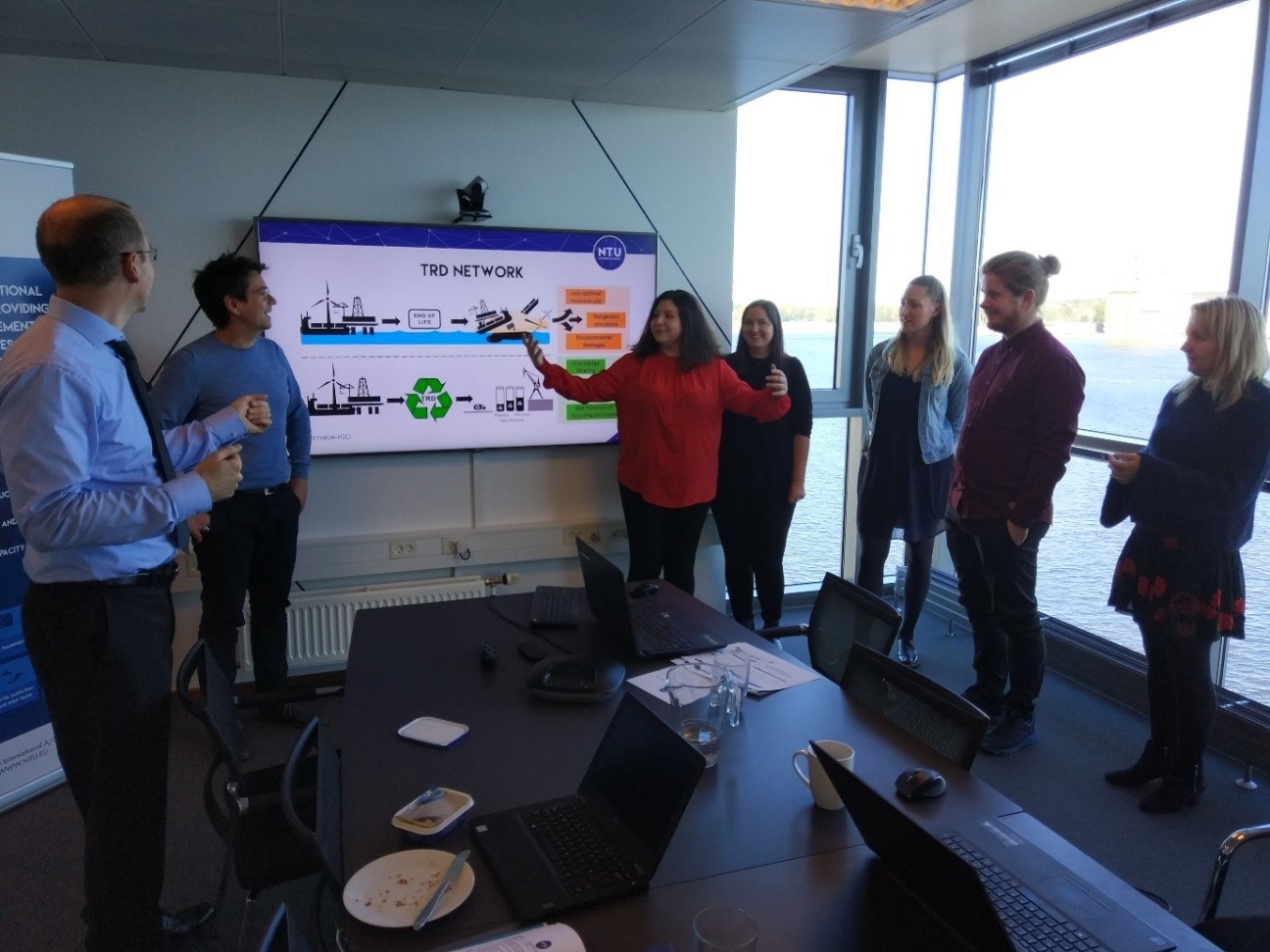The Total Recycling Decommissioning (TRD) project builds upon the overall goal of the EIT Climate-KIC bringing together a dynamic community to build a zero-carbon economy and climate-resilient society. The project was developed in partnership between NTU, Port of Frederikshavn, Denmark’s Technical University, and Aarhus University. Together, these partners have come up with a solution that will allow for a 100% recycling and decommissioning of ships, thus creating a circular economy around ship recycling and decommissioning. By creating a network of accomplished partners, who are all well-established within the ship recycling and decommissioning industry, the project’s aim of being able to recycle and decommissioning a 100% of old ships is within reach. NTU undertook the project formulation that aimed at verifying the commercial and environmental viability of maximising the percentage of recyclable materials in ships decommissioning.
In particular, the main objectives of the formulation project were:
- to verify the commercial and environmental viability of ship and offshore equipment total recycling;
- to explore the composition of ships and offshore equipment industry and identify a customer base;
- to identify a framework for maximizing the elements and materials being recycled;
- to develop a methodology for the establishment of a strategic cluster of environmental companies utilizing the advantages of a total ship decommissioning facility.

Port of Frederikshavn – strategic location that provides surplus of ships and offshore facilities to be decommissioned at the facility
How we did it
For the realisation of the above-mentioned objectives, NTU carried out the following activities:
- Financial, social and environmental pre-feasibility study of the ship and offshore equipment total recycling;
- Development and documentation of an innovative business model for the ship and offshore equipment total recycling;
- Investigate the composition of ships and offshore equipment, the materials which are mostly recycled, the ones which cannot be and to establish supply agreements with maritime and offshore equipment operators;
- Develop innovative recycling agreements on products and residues with industry players and develop a framework for the establishment of a strategic cluster of environmental companies around the port of Frederikshavn.

Overview of decommissioning and recycling process
Impact
The findings of the TRD formulation project completed by NTU clearly indicated that a continuation of the Total Recycle Decommissioning project would be feasible and commercially beneficial. They allowed NTU and its partners to move forward in the overall TRD project. The results formed the basis of the Accelerator phase, leading itself to the Demonstrator phase of the project.
At a more general level, this formulation project can be used as recommendations for ports, the ship and offshore industry, upstream and downstream stakeholders, including policy makers, on how to improve the efficiency and competitiveness by implementing the best practices and solutions from the TRD. Such insights offer an added-value to the ongoing developments and research related to the TRD concept and provide another dimension to related decommissioning projects. It can also be used as inspiration for the policy makers in municipal and regional authorities on how to improve the settings for clusters development with the aim of becoming more environmentally friendly.

Meeting at NTU International’s headquarters in relation to the Accelerator phase of the TDR project in Frederikshavn, Denmark
